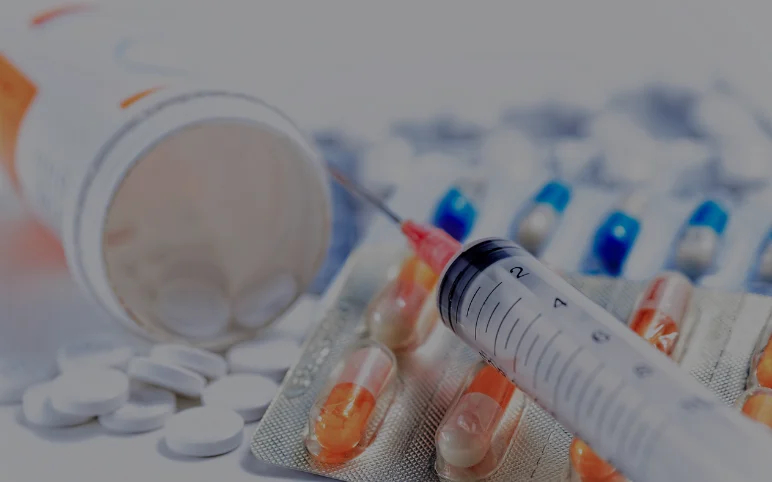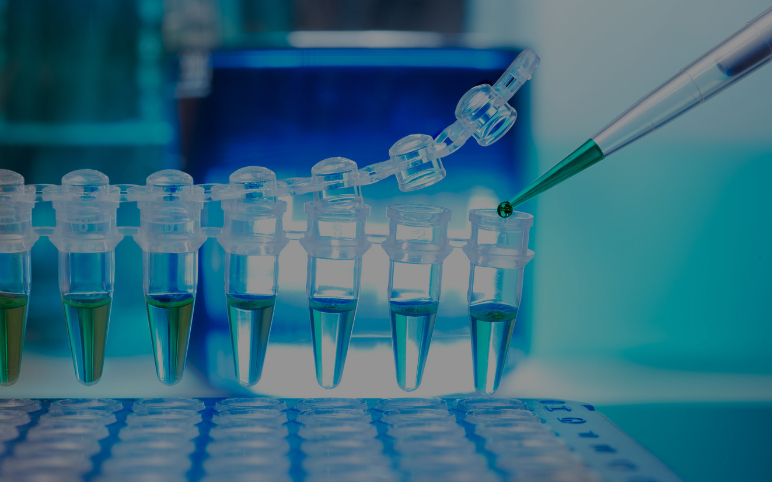The Present Rheumatoid Arthritis Treatment Market Offers a Mix-and-Match Approach
Oct 02, 2024
Beyond the shadow of a doubt, the Rheumatoid arthritis treatment market has witnessed strides of improvement during the last few years. There was a time when treatment for rheumatoid arthritis was confined to Non-steroidal anti-inflammatory drugs (NSAIDs) and steroids, which could only address pain and swelling. However, today, the available medications for rheumatoid arthritis can change the course of the disease.
Rheumatoid arthritis treatment goals focus on achieving remission or low disease activity. It is worth mentioning that early treatment intervention acts as a watershed moment, as joint damage, if done, is irreversible. The present rheumatoid arthritis treatment therapy can decrease joint damage as well as suppress the radiographic progression of RA. The current rheumatoid arthritis treatment landscape constitutes an integrated approach, including both pharmacologic and nonpharmacologic therapies. Nonpharmacologic treatments such as exercise, diet, massage, counseling, stress reduction, physical therapy, and surgery are available in the rheumatoid arthritis treatment market, ensuring compliance and a positive mindset for the patient with rheumatoid arthritis and their caretakers. Pharmacologic treatments comprise medicines such as NSAIDs, biologic and nonbiologic disease-modifying antirheumatic drugs (DMARDs), immunosuppressants, and corticosteroids to address the symptoms of the disease.
Rheumatoid arthritis treatment has significantly evolved over the years, with DMARDs emerging as the cornerstone of early therapy. Early treatment with DMARDs is the present standard of care for patients with RA, as these drugs not only slow disease progression but also increase the chances of remission. As immunosuppressive and immunomodulatory agents, DMARDs play a vital role in treating rheumatoid arthritis. They are categorized into conventional and biologic DMARDs. Over a dozen conventional DMARDs exist in the rheumatoid arthritis treatment market, with key examples including methotrexate, leflunomide, hydroxychloroquine, and sulfasalazine. Among these, methotrexate stands out as the 1st line treatment for rheumatoid arthritis due to its widespread use, high efficacy, tolerability, and cost-effectiveness. It remains the go-to option for the majority of patients with rheumatoid arthritis, although some may continue to experience active disease despite its use.
Downloads
Click Here To Get the Article in PDF
When conventional rheumatoid arthritis medicines like DMARDs fail to provide adequate relief, biologic DMARDs enter the picture. According to NICE guidelines, biologics are typically prescribed after a patient has tried two conventional DMARDs, one of which must be methotrexate unless contraindicated, and has exhibited high levels of persistent disease activity. Biologic drugs are further classified into categories like anti-TNF agents, T cell inhibitors, B cell inhibitors, interleukin (IL) inhibitors, and targeted synthetic DMARDs, such as JAK inhibitors.
TNF-α inhibitors, in particular, have revolutionized therapy for rheumatoid arthritis, with FDA approvals spanning etanercept (1998), infliximab (1999), adalimumab (2002), certolizumab pegol (2009), and golimumab (2009). Another prominent biologic, rituximab, which targets B cells, received FDA approval in 2006. Meanwhile, IL-blockers like tocilizumab and sarilumab have become widely used in treating rheumatoid arthritis, offering an alternative approach for patients who have failed conventional therapies. Anakinra, under the brand name KINERET, is another rheumatoid arthritis treatment approved for patients who have failed one or more DMARDs.
In recent years, JAK inhibitors have emerged as a viable alternative to biologics, offering the convenience of oral administration. Approved JAK inhibitors for rheumatoid arthritis treatment include Tofacitinib (XELJANZ), Baricitinib (OLUMIANT), Upadacitinib (RINVOQ), and Peficitinib (SMYRAF), the latter only being available in Japan. These inhibitors are as effective as biologics and are increasingly prescribed for patients with rheumatoid arthritis.
Though conventional DMARDs are often used as monotherapy, they can also be combined with biologics for enhanced efficacy. Studies have shown that combining a biologic DMARD with a conventional DMARD such as methotrexate produces better outcomes than either drug alone. When biologics fail, JAK inhibitors are the next step in the treatment for rheumatoid arthritis. Despite their effectiveness, both biologics and JAK inhibitors come with higher costs and potential risks. While traditional DMARDs target the broader immune system, biologics and JAK inhibitors zero in on specific inflammatory pathways, effectively preventing inflammation from starting.
The constant evolution of rheumatoid arthritis treatment therapy continues to offer new hope for better disease management, with ongoing research into even more effective therapies aimed at improving patient outcomes and quality of life.
The current Rheumatoid Arthritis treatment market is dominated by DMARDs, biological, and conventional. Biologics including JAKi and upcoming BTKi due to patient convenient RoA are significantly contributing to the Rheumatoid Arthritis market growth. However, the entry of biosimilars of approved biologics will significantly dampen down the RA market revenue. The US and EU RA markets are already witnessing the approval of biosimilars such as Remicade biosimilars, due to which the sales value of the market has started declining. Generics of some blockbuster drugs like adalimumab (i.e., 2023 in the US), tocilizumab (i.e., 2025 in the US) are expected to significantly impact the RA market size growth negatively. Biogen/Samsung’s Etanercept biosimilar Eticovo/Benepali has been approved and marketed in the European Union. In addition to this, the MAA application has been filed for another Etanercept biosimilar (YLB113; Lupin/Yoshindo) in Europe.
In a nutshell, there is still a huge demand for novel RA therapies with better efficacy and improved safety profile. Several pharma companies like R-Pharm, Taisho Pharmaceuticals, GlaxoSmithKline, Aclaris Therapeutics, Bristol Myers Squibb, Eli Lilly, Taiho Pharmaceutical, Cyxone, Gilead Sciences, Kiniksa Pharmaceuticals, Istesso, Applied Molecular Transport, Horizon Therapeutics, Genosco (Oscotec), Hope Biosciences, Abivax, Mesoblast, Pfizer, Akros Pharma/Japan Tobacco, Pfizer/Philogen, AbbVie, Pfizer, SynAct Pharma, and others are testing the waters in the rheumatoid arthritis market. With a considerable number of key investigational candidates in different stages of trials that are expected to enter the RA market in the next decade, DelveInsight estimates a bright future for the rheumatoid arthritis treatment market in the forecast period 2020-34.

Downloads
Article in PDF
Recent Articles
- Cogent Biosciences’ Bezuclastinib Phase 3 PEAK Trial Positive Results for GIST; Domain Therapeuti...
- Can Cannabinoids be an Effective Medicinal Substance?
- Juvenile Idiopathic Arthritis Therapy Market
- AZ’s benralizumab; Sanofi, Regeneron set; Nordisk preps; European countries offer
- FDA rejects BioMarin’s Valoctocogene Roxaparvovec; J&J inks $6.5B deal; Alzheon bags $...



